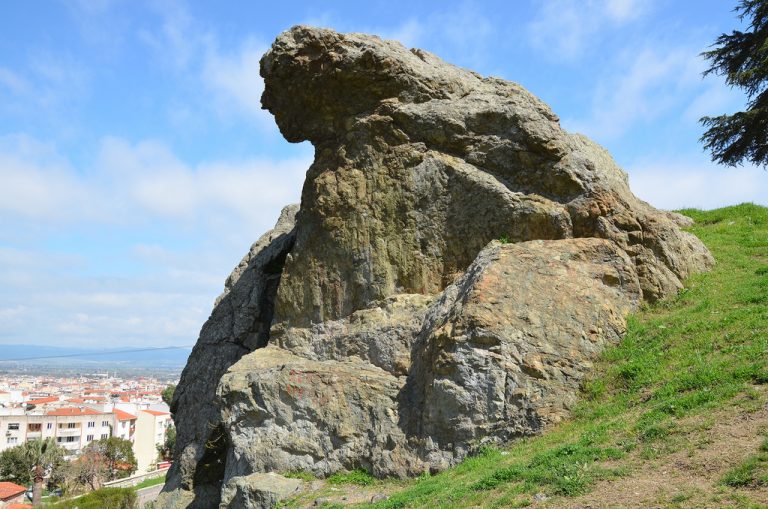2 Samuel 5 Commentary
by Brad Boyles
Every sports fan knows the term “bulletin board material.” It occurs days or weeks before a big game when your opponent makes some kind of degrading or insulting comment against you. It’s basically just mockery. But that taunt becomes bulletin board material when the coach or team decides to use the negative comment as motivation. A coach may post the degrading quote all over the locker room, reminding his team how the opponent has slandered them. It provides extra motivation to go out and prove them wrong.
In 2 Samuel 5, David had some bulletin board material.
The time came when King David and his men set out to attack Jerusalem. The Jebusites, who lived there, thought that David would not be able to conquer the city, and so they said to him, “You will never get in here; even the blind and the crippled could keep you out.”
2 Samuel 5:6 GNB
The Jebusites were Caananites living in Jerusalem. Hundreds of years prior, God had commanded His people to take the land.
But the people of Judah were not able to drive out the Jebusites, who lived in Jerusalem. The Jebusites still live there with the people of Judah.
Joshua 15:63 GNB
When we study deeper, we find that it was actually the tribe of Benjamin who failed to drive the Jebusites completely from the land. The tribe of Benjamin would have been King Saul’s tribe. It will now be through David that the Lord’s will is accomplished and the Canaanites are driven from Jerusalem. It would not be an easy task.
Jerusalem was prime real estate for military leaders. The city was strategically positioned between natural walls (such as Mt. Moriah where Abraham had prepared to sacrifice Isaac). But David had a strategy. He would infiltrate the city utilizing the water tunnel.
“The water shaft extended about 230 feet up from the Gihon spring to the top of the hill where the Jebusite fortress was situated (2Ch 32:30). The tunnel gave the city a secure water supply in the event of a siege. The phrase the lame and the blind became something of a taunt, which David turned first into a challenge, and then into a victory song.”
-Nelson’s Commentary
David used the taunts as bulletin board material to accomplish God’s will and secure Israel’s land. It was a combination of God’s hand of blessing as well as David’s attitude and ingenuity. King David could have easily been struck with fear knowing this land had been controlled by the Jebusites for around 400 years. He could have given up after they taunted and intimidated him. But he knew the Lord had already promised victory, so he led his people with trust and obedience.




